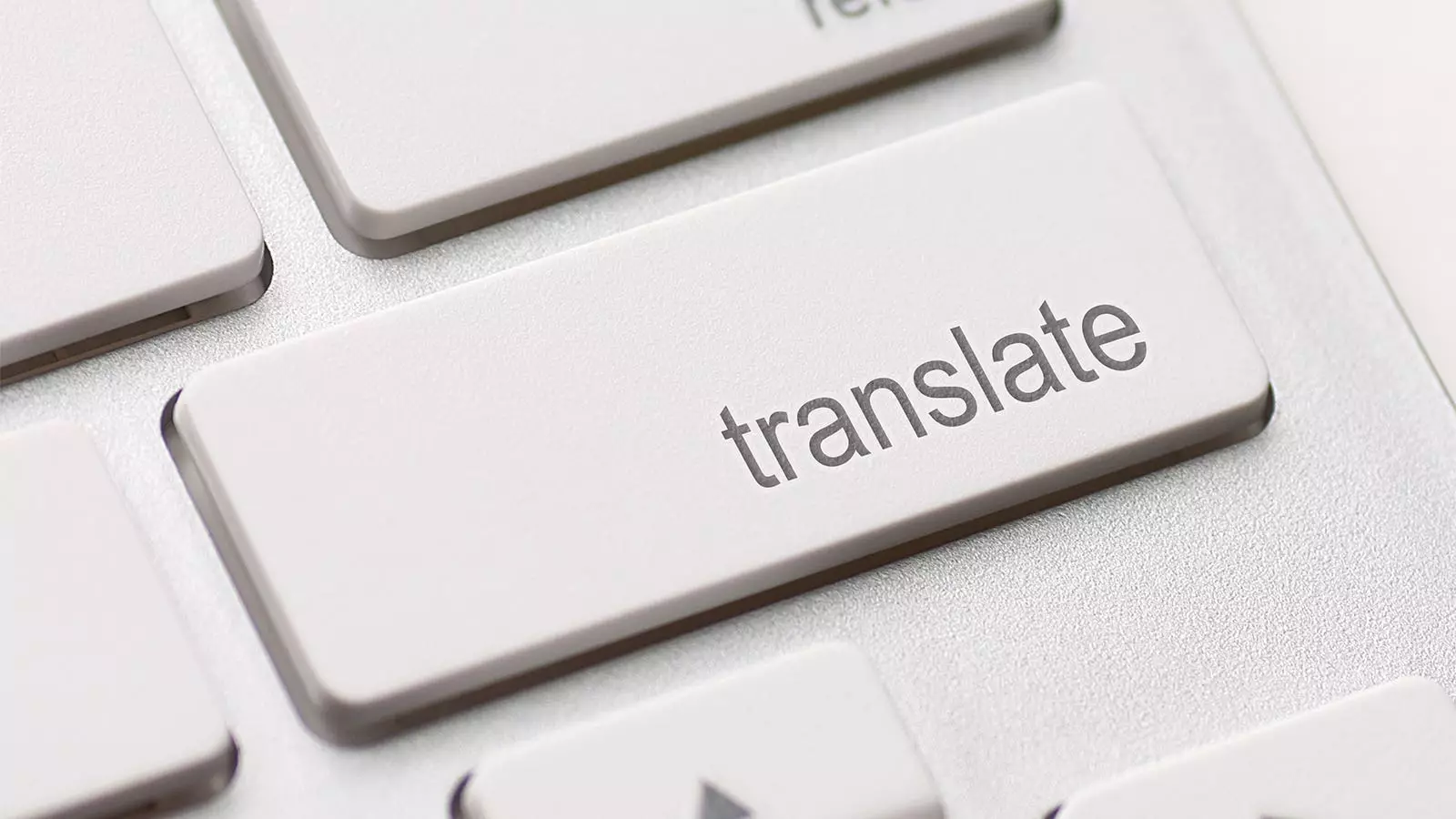The accuracy and effectiveness of machine translation tools, such as Google Translate and ChatGPT, in the healthcare setting have been a topic of debate. A recent study conducted by Ryan Brewster, MD, and colleagues at Boston Children’s Hospital focused on evaluating the performance of these tools in translating pediatric discharge instructions from English into Spanish, Brazilian Portuguese, and Haitian Creole. The results of the study shed light on the strengths and limitations of machine translation in providing crucial healthcare information to diverse patient populations.
The study revealed that professional translations outperformed Google Translate and ChatGPT in translating instructions into Haitian Creole, with higher ratings in adequacy, fluency, meaning, and severity of potential harm. In contrast, for Spanish translation, Google Translate and ChatGPT scored higher than professional translations in adequacy, fluency, and meaning. This highlights the variability in performance of machine translation tools across different languages and the importance of considering the specific needs of the target population.
Interestingly, despite the discrepancies in translation quality, evaluators in the study expressed a preference for Google Translate and ChatGPT in the majority of cases. Professional translations were favored in only a small percentage of cases for Spanish, Portuguese, and Haitian Creole. This preference for online tools raises questions about the perceived efficiency and convenience of machine translation versus the accuracy and reliability of human-generated translations.
The study emphasized the critical role of accurate translation in ensuring that patients and their families understand discharge instructions. Misinterpretation of healthcare information can lead to missed appointments, medication errors, and ultimately, poorer health outcomes. The researchers highlighted the potential impact on patient safety, healthcare utilization, and costs, underscoring the need for effective communication strategies in diverse linguistic contexts.
While machine translation engines show promise in addressing language barriers in healthcare, the study identified several limitations and potential risks associated with their use. Clinically meaningful errors were more prevalent in translations done by Google Translate and ChatGPT compared to professional translations, particularly in languages with limited diffusion like Haitian Creole. The researchers suggested incorporating human translators to review machine-generated outputs as a way to mitigate risks and ensure quality.
The study by Brewster and colleagues serves as a valuable contribution to the ongoing discussion on the impact of machine translation on pediatric discharge instructions. The findings underscore the complexity of translation in healthcare settings, the importance of linguistic accuracy, and the challenges of balancing efficiency with quality. Moving forward, it is crucial for healthcare providers to consider the strengths and limitations of machine translation tools in delivering culturally competent care to diverse patient populations.

Leave a Reply